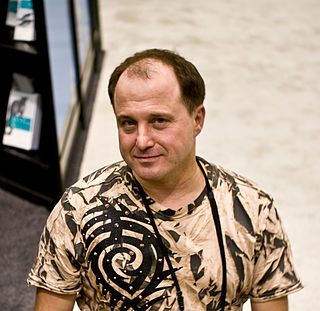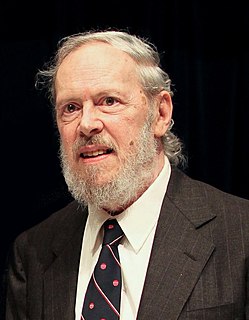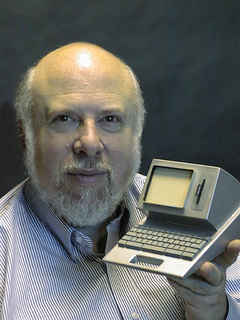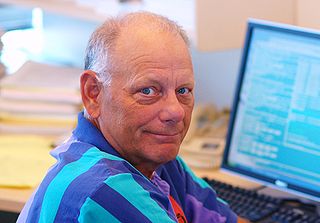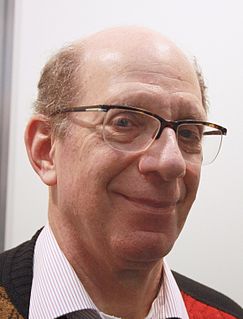A Quote by Ellen Ullman
UNIX always presumes you know what you're doing. You're the human being, after all, and it is a mere operating system.
Related Quotes
I am confident that we can do better than GUIs because the basic problem with them (and with the Linux and Unix interfaces) is that they ask a human being to do things that we know experimentally humans cannot do well. The question I asked myself is, given everything we know about how the human mind works, could we design a computer and computer software so that we can work with the least confusion and greatest efficiency?
My first operating system project was to build a real-time system called RSX-11M that ran on Digital's PDP-11 16-bit series of minicomputers. ... a multitasking operating system that would run in 32 KB of memory with a hierarchical file system, application swapping, real-time scheduling, and a set of development utilities. The operating system and utilities were to run on the entire line of PDP-11 platforms, from the very small systems up through the PDP-11/70 which had memory-mapping hardware and supported up to 4 MB of memory.
In the summer of 1988, I received an interesting call from Bill Gates at Microsoft. He asked whether I'd like to come over and talk about building a new operating system at Microsoft for personal computers. What Bill had to offer was the opportunity to build another operating system, one that was portable.

